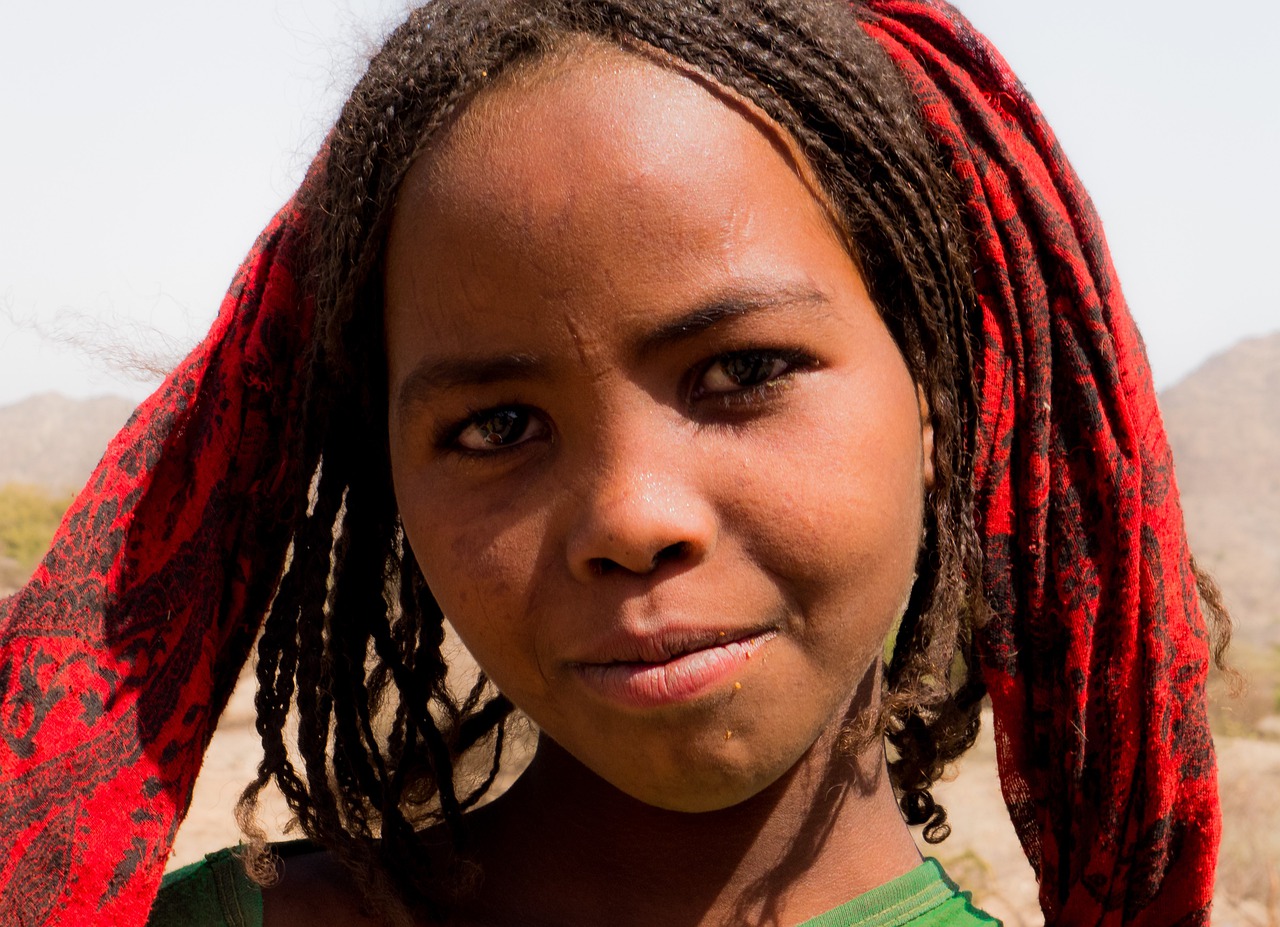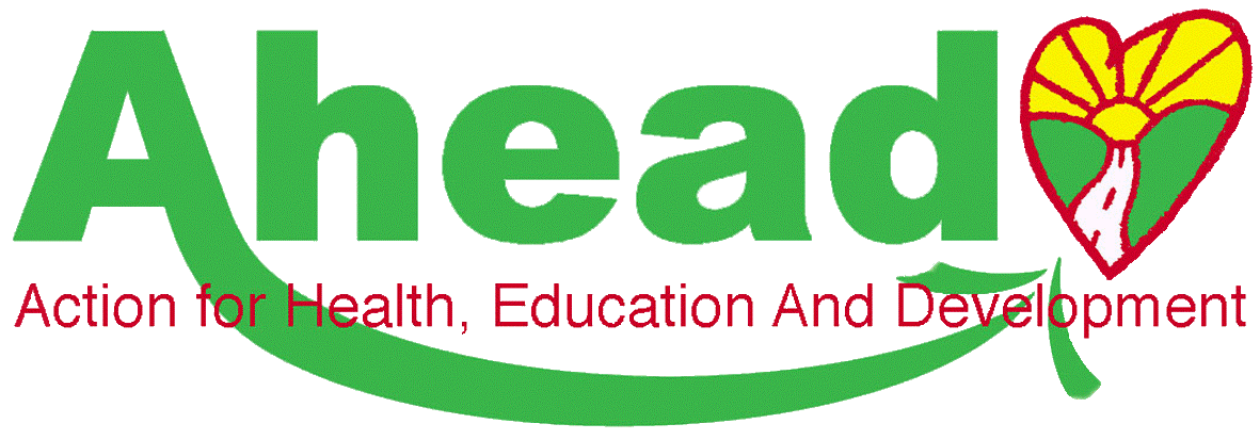
What is AHEAD doing for it’s beneficiaries?
AHEAD works with organisations and individuals in the UK and other countries to raise awareness of health, education and development issues in Ethiopia, as our beneficiaries have little or no access to the international community. We believe that the more the international community understand local needs the better chances to tap into local and international resources and expertise. To this end, AHEAD conducts community consultation and needs assessment on health, education and development issues. We raise funds to support projects which address the identified needs.
Providing improved healthcare
The UNDP Human Development Report ranks Ethiopia as 170th country out of 177 world’s nation. One major reason for this is the country’s abysmal health indicators:
- The probability of a person dying before the age of 40 is 55.5%
- 42% of Ethiopians are undernourished.
- 47% of children under the age of 5 are underweight.
- There are 556 cases of malaria and 508 cases of tuberculosis per 100,000 people.
- Only 12% of the population have sustainable access to improved sanitation.
AHEAD wishes to support health promotion efforts by providing facilities and training to improve healthcare for all. Mobile services where locals are employed, provisioned with horses or mules for transportation, will enable care to be provided to remote districts in particular.
Making education a realistic opportunity
Many children cannot go to school, either because schools are unavailable, or because their families cannot afford to send them. A child’s labour is often needed at home to support their family income.
Partly as a result of poor quality education and curriculum content, an overwhelmingly high proportion of school leavers are unemployed or lack the grades required to pursue further education. Passing national tests, especially ‘A’ levels, is seen as winning a lottery.
AHEAD provides practical support to pupils, teachers and advisors with their educational activities. Some people have been trained as teachers but will require retraining to update their skills and subjects too.
Development and integrated planning
Development interventions in deprived rural areas are limited to very small-scale activities by religious organisations, who are struggling to continue their work due to a lack of funding. All-season access roads in some rural areas are rare, limiting movements and trades.
AHEAD provides an interest-free loan facility, with the returns being reinvested into new applications. Small amounts can make a big difference to small traders.
We encourage collective thinking, debates and integrated planning of future local development in farming and business. For example, this may involve planning the amount of cattle and grazing required, along with shifting to drought varieties of plants and animals.
